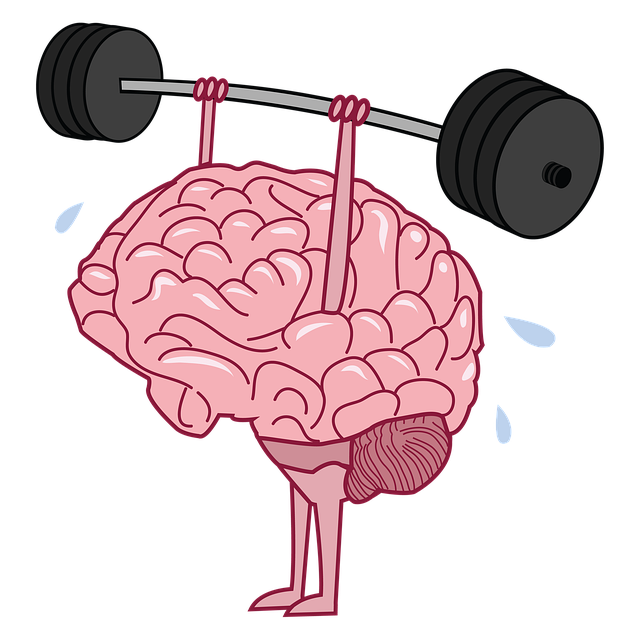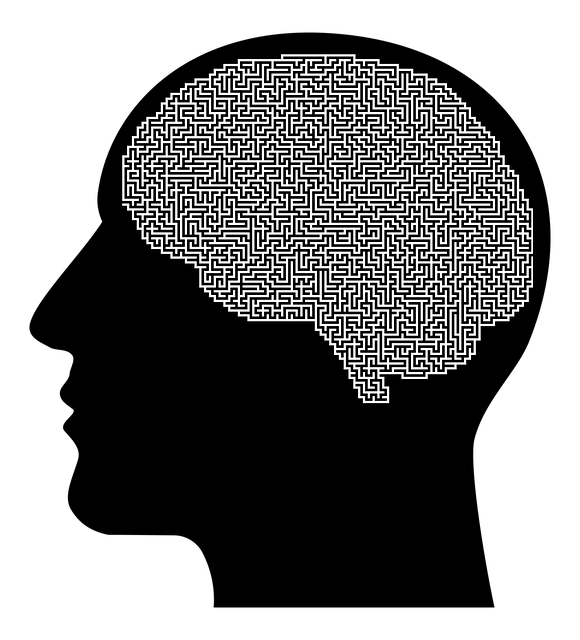Young adults with Autism Spectrum Disorder (ASD) face unique challenges regarding substance abuse due to social communication difficulties and heightened sensory sensitivities. Effective risk reduction strategies involve understanding their specific needs, such as tailored cognitive behavioral therapy (CBT), early intervention, mental wellness journaling, and comprehensive risk assessments. Evidence-based therapies like CBT, dialectical behavior therapy (DBT), and motivational interviewing (MI) are crucial in treating co-occurring mental health issues and fostering inner strength. Community integration through local activities, support groups, and peer mentoring programs, along with education and advocacy, helps prevent relapse by building social connections and promoting mental health resilience.
Substance abuse among young adults with autism spectrum disorder (ASD) presents unique challenges. This article explores comprehensive risk reduction strategies tailored to address these complexities. We delve into understanding the heightened vulnerability, early intervention’s vital role, and evidence-based therapies specifically designed for ASD. Additionally, we discuss community integration, education, and ongoing support systems that foster recovery and prevent relapse. By implementing these strategies, professionals can offer targeted care, enhancing outcomes for young adults with ASD facing substance abuse issues.
- Understanding Substance Abuse Risks for Young Adults with Autism Spectrum Disorder
- Early Intervention and Support Systems: Building a Foundation for Risk Reduction
- Evidence-Based Therapies and Behavioral Strategies for Effective Treatment
- Community Integration, Education, and Ongoing Support: Preventing Relapse
Understanding Substance Abuse Risks for Young Adults with Autism Spectrum Disorder

Young adults with Autism Spectrum Disorder (ASD) face unique challenges when it comes to substance abuse risks. Understanding their specific needs is crucial for implementing effective risk reduction strategies. Many individuals on the autism spectrum struggle with social communication and interaction, which can make them more susceptible to peer pressure or anxiety-related coping mechanisms involving substances. They may also experience heightened sensory sensitivities, leading to self-medication behaviors as a means of managing overwhelming sensory input.
Therapy for Young Adults with ASD, such as cognitive behavioral therapy (CBT) tailored to their needs, can play a pivotal role in addressing these issues. CBT can help them develop coping mechanisms other than substance abuse, improve social skills, and enhance stress management abilities. Additionally, organizations specializing in community outreach programs for young adults with autism can provide crucial support, education, and guidance on substance abuse prevention. These programs often include stress management workshops designed to teach healthy coping strategies, while crisis intervention services offer immediate assistance during challenging situations.
Early Intervention and Support Systems: Building a Foundation for Risk Reduction

Early intervention plays a pivotal role in mitigating risks associated with substance abuse, especially among young adults on the autism spectrum. Identifying potential triggers and providing timely support systems are key strategies. Therapy for this demographic often involves personalized approaches, focusing on enhancing self-awareness through exercises tailored to their unique needs.
Mental wellness journaling can be an effective tool, offering individuals a space to introspect and track their emotions. This practice encourages self-reflection, enabling them to identify patterns and early signs of potential substance misuse. Equally important is educating mental health professionals on conducting comprehensive risk assessments, which can help in recognizing subtle cues and providing appropriate guidance to those at risk.
Evidence-Based Therapies and Behavioral Strategies for Effective Treatment

Evidence-based therapies play a pivotal role in effectively treating substance abuse among young adults on the autism spectrum. Strategies such as cognitive-behavioral therapy (CBT), dialectical behavior therapy (DBT), and motivational interviewing (MI) have proven successful in addressing co-occurring mental health issues, enhancing coping mechanisms, and fostering inner strength development. CBT helps individuals identify and alter harmful thought patterns, while DBT teaches emotional regulation and stress management skills. MI, on the other hand, motivates clients to find their own reasons for change, which is particularly beneficial for those with autism who may struggle with traditional treatment motivators.
Incorporating behavioral strategies within these therapeutic frameworks further bolsters recovery efforts. These include structured programs that encourage social interaction and communication skills training, as many young adults on the autism spectrum face challenges in these areas. Public awareness campaigns focused on normalizing mental wellness discussions can also reduce stigma, encouraging individuals to seek help earlier. By combining evidence-based therapies with tailored behavioral interventions, professionals create a holistic approach to substance abuse treatment, addressing not only addiction but also nurturing the development of inner strength and resilience.
Community Integration, Education, and Ongoing Support: Preventing Relapse

Community Integration plays a pivotal role in preventing relapse among young adults with Autism Spectrum Disorder (ASD). By fostering connections and providing structured support networks, individuals on the spectrum can navigate social environments more effectively. This includes participating in local community activities, joining support groups tailored for ASD individuals, and benefiting from peer mentoring programs. These initiatives not only enhance social skills but also offer a sense of belonging, reducing the risk of isolation that often contributes to substance abuse.
Education is another cornerstone strategy in risk reduction. Implementing comprehensive Mental Health Education Programs Design specifically catering to young adults with ASD can empower them with knowledge about their condition and available support systems. Teaching self-care routines as part of this education can further bolster mental health resilience. Moreover, incorporating Mental Health Policy Analysis and Advocacy into educational curricula can raise awareness about the unique challenges faced by individuals on the autism spectrum, leading to more inclusive and supportive environments.
Understanding the unique risks faced by young adults with Autism Spectrum Disorder (ASD) is crucial in developing effective risk reduction strategies. By implementing early intervention, evidence-based therapies, and robust support systems, we can significantly mitigate substance abuse potential. Community integration, education, and ongoing care are vital to prevent relapse, ensuring these individuals thrive and lead fulfilling lives free from substance abuse. This comprehensive approach, tailored to the specific needs of young adults with ASD, is a promising game-changer in their journey towards recovery and well-being.














